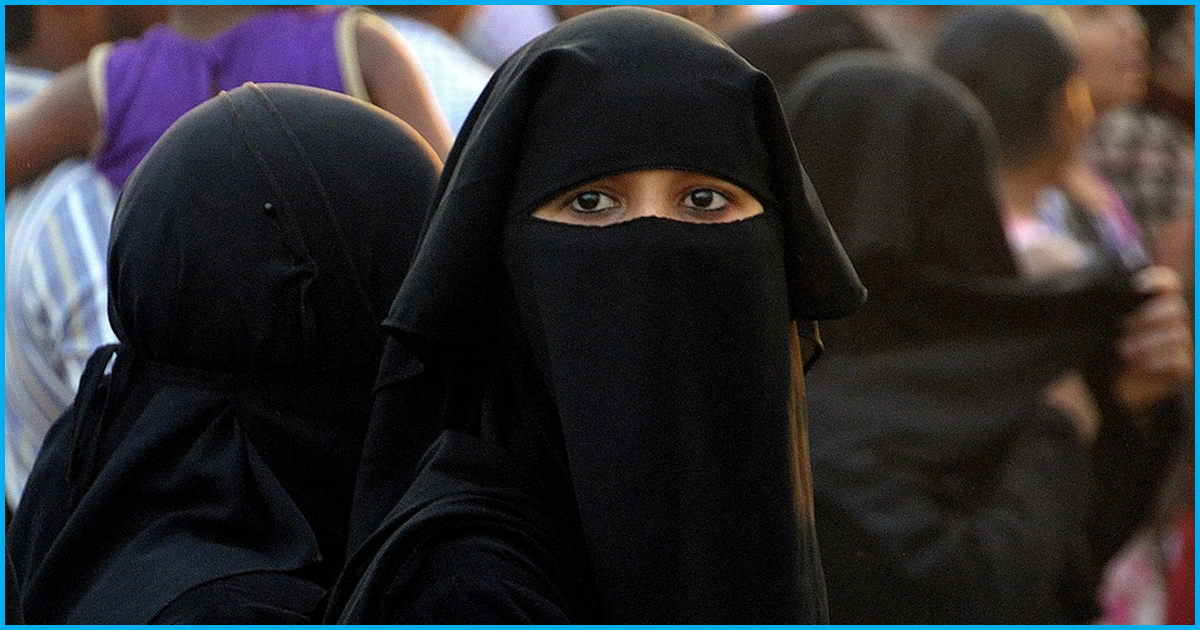
SC To Review Petition On 'Nikah Halala'; Know All About The Age-Old Practice
3 July 2018 2:00 PM GMT
The Supreme Court on July 2 has agreed to review a list of petitions challenging the age-old practice of Nikah Halala and polygamy that is prevalent among Muslims as per their own personal law. Last year, Supreme Court banned the practice of triple talaq among Sunni Muslims.
“We will look into it,” a bench headed by Chief Justice Dipak Misra said. The observation came after Delhi-based Sameena Begum, who filed the petition, urged the matter to be heard soon, as her in-laws have been threatening her to either withdraw the petition or leave her matrimonial home, reported The Times of India.
What is Nikah Halala?
According to the popular narrative, Nikah halala is a practice that was intended to curb the frequency of divorce, where a Muslim man cannot remarry his wife until and unless she marries someone else and consummates the marriage.
The Logical Indian spoke to someone whose parents became a victim of the age-old custom. She said “Nikah Halala is not something very simple as marrying another man. Halala means something that is permitted by law, ‘lawful’. This means that a divorced woman can ‘lawfully’ be the wife again after the process of nikah halala is complete.”
But it does not happen that fast. The Islamic law dictates that a man has the liberty to marry the same woman twice. It is the third time when the problem arises. “Once the husband pronounces a revocable (raji) talaq, he can patch up and continue co-habilitation. In the second instance too, there is a possibility of reconciliation. But, if talaq is pronounced for the third time, then for a possible reconciliation, the woman has to marry someone else, consummate the marriage and then only remarry her previous husband,” she said.
Now, sexual intercourse is an important part of this custom as only if the second husband dies or divorces her after sexual intercourse then after completing the Iddat period, she can re-marry the first husband. But, if the second husband died or divorced her before consummating the marriage, then it will be of no account and she cannot marry the first husband.
She says that according to many, this rule of irrevocability was introduced so that men do not torture their wives by divorcing and remarrying as many times as they wish. But, this practice has been misused by many opportunists.
Husband for a night
This practice has been oppressing Muslim women for years. Many women claimed that they have been raped in the name of Nikah Halala. There are websites available that offer services of a husband who would sleep with a distraught and divorced woman in exchange for a fee.
Many women are taken advantage of and asked to pay large sums of money for a sham of a marriage. Recently, an India Today investigation revealed how religious scholars charge around Rs 20,000 to even Rs 1.5 lakh in exchange of the controversial practice.
 All section
All section













